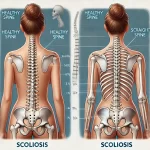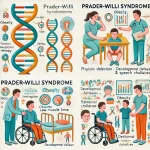Restoring Heart Rhythm, Improving Lives
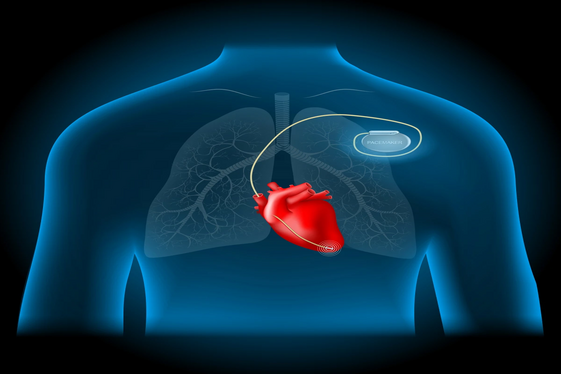
What is a Pacemaker Implantation?
Pacemaker implantation is a surgical procedure where a small electronic device, called a pacemaker, is implanted under the skin to help regulate the heartbeat. This device sends electrical impulses to the heart to maintain a regular rhythm when the heart’s natural pacemaker is not functioning properly. Pacemakers are typically used to treat conditions such as bradycardia (slow heart rate) and certain types of heart block.
Pacemaker Implantation Services
Pacemaker implantation services encompass a comprehensive approach to patient care, including thorough evaluation, personalized treatment planning, utilization of minimally invasive techniques, comprehensive post-operative care, and dedicated patient education. This multi-faceted approach ensures patients receive the highest quality care, from initial assessment to long-term management, optimizing their outcomes and improving their quality of life following pacemaker implantation.
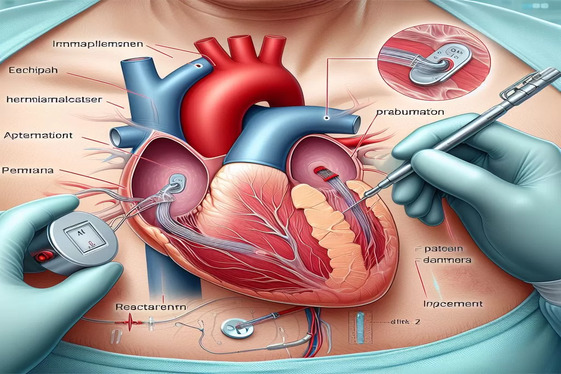
When is Pacemaker Implantation Needed?
Pacemaker implantation may be needed when the heart’s natural pacemaker (the sinoatrial node) is not functioning properly, leading to a slow or irregular heartbeat. Conditions that may necessitate pacemaker implantation include.
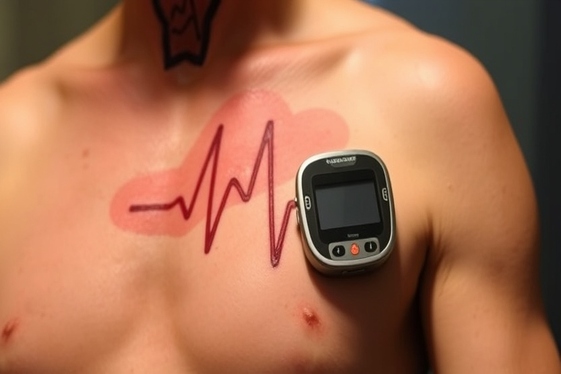
Bradycardia
Bradycardia refers to a slow heart rate, typically defined as a resting heart rate below 60 beats per minute. In some individuals, a slow heart rate may not cause any symptoms and may be considered normal. However, in other cases, bradycardia can lead to insufficient blood flow to the brain and other organs, resulting in symptoms such as dizziness, fatigue, shortness of breath, and fainting.
Heart Block
Heart block occurs when the electrical signals that control the heartbeat cannot travel properly through the heart. This disruption in the normal electrical pathway can cause the heart to beat too slowly or irregularly. Heart block can range from mild to severe, with symptoms varying from none at all to dizziness, fainting, and shortness of breath.
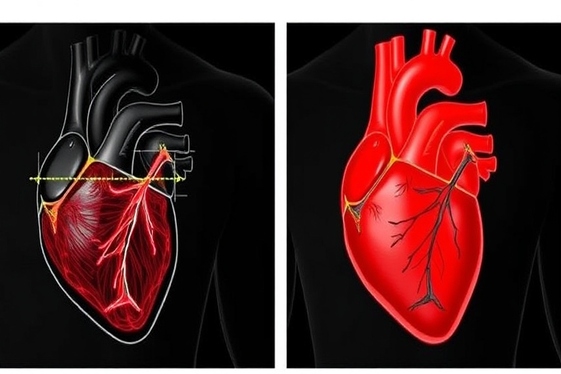
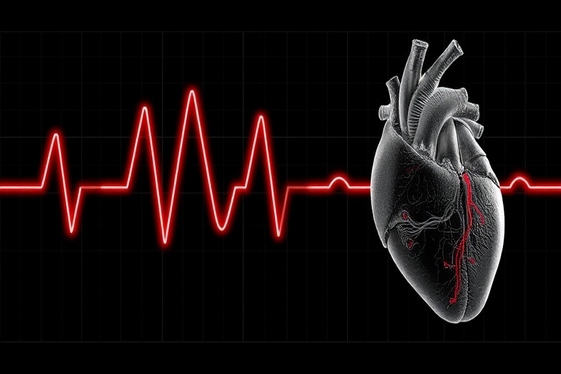
Atrial Fibrillation with Slow Ventricular Response
Atrial fibrillation (AFib) is a heart rhythm disorder where the upper chambers of the heart (atria) beat irregularly and rapidly. “Atrial Fibrillation with Slow Ventricular Response” describes a specific type of AFib where the lower chambers of the heart (ventricles) beat slowly due to a blockage in the electrical signals between the atria and ventricles. This slow heart rate can lead to symptoms such as fatigue, dizziness, and shortness of breath.
Syncope (Fainting)
Syncope, commonly known as fainting, is a temporary loss of consciousness caused by a sudden decrease in blood flow to the brain. This can occur due to various factors, including low blood pressure, heart problems, dehydration, and emotional stress. Fainting typically involves a brief period of unconsciousness followed by a rapid recovery.

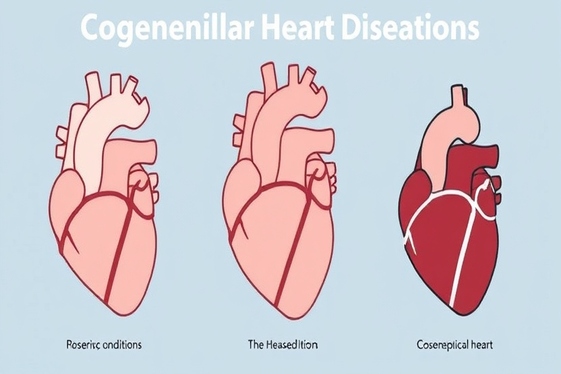
Congenital Heart Conditions
Congenital heart defects (CHDs) are abnormalities in the heart’s structure or function that are present at birth. These defects occur when the heart or the blood vessels near the heart don’t develop normally during fetal development. CHDs can vary widely in severity, from minor conditions that may not require treatment to complex defects that necessitate immediate medical attention.
How Can We Help?
We offer expert pacemaker implantation services to help patients with irregular heart rhythms. Our experienced team of cardiologists and electrophysiologists utilizes the latest technology and minimally invasive techniques to ensure a safe and effective procedure.


